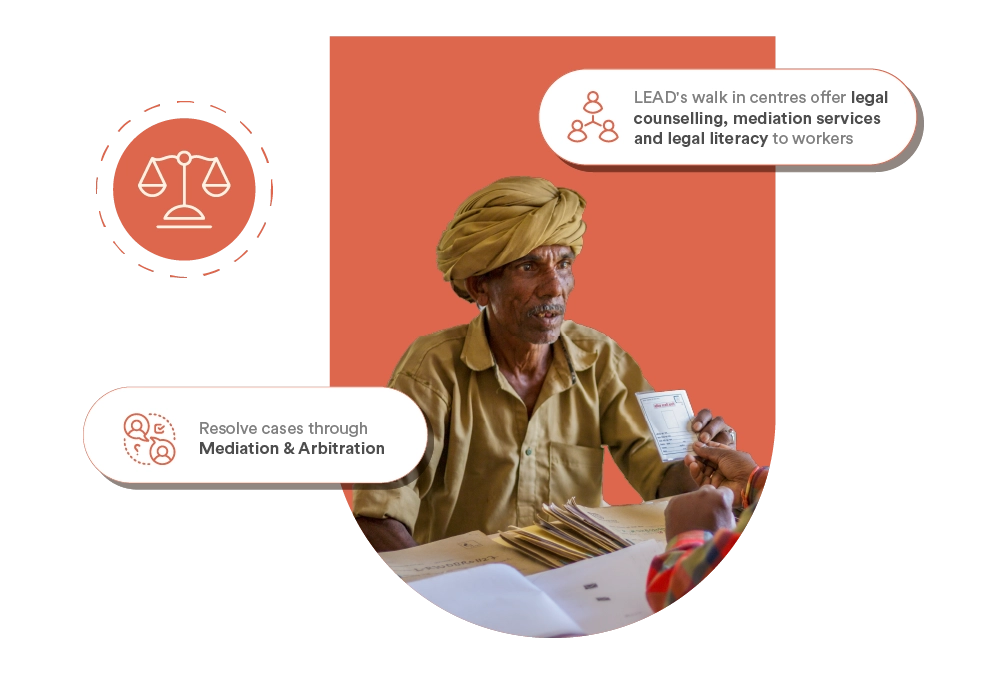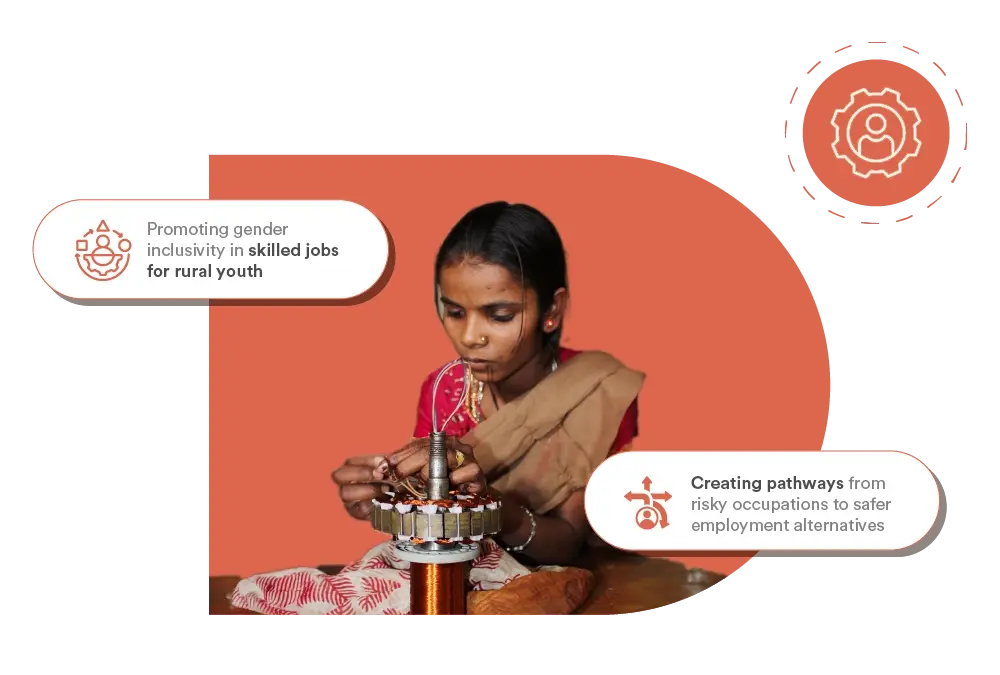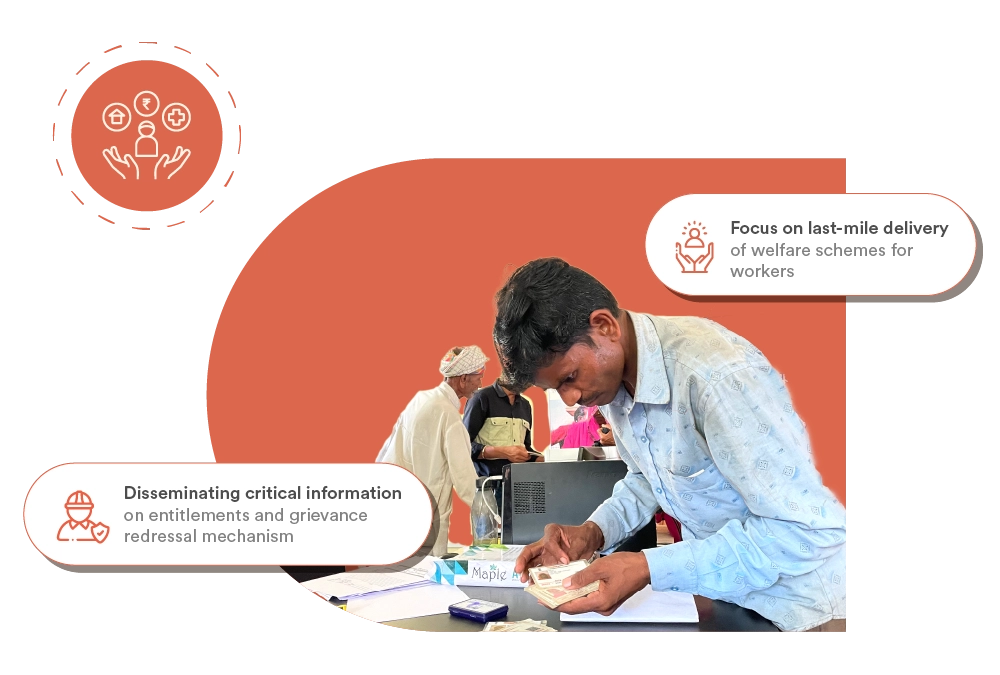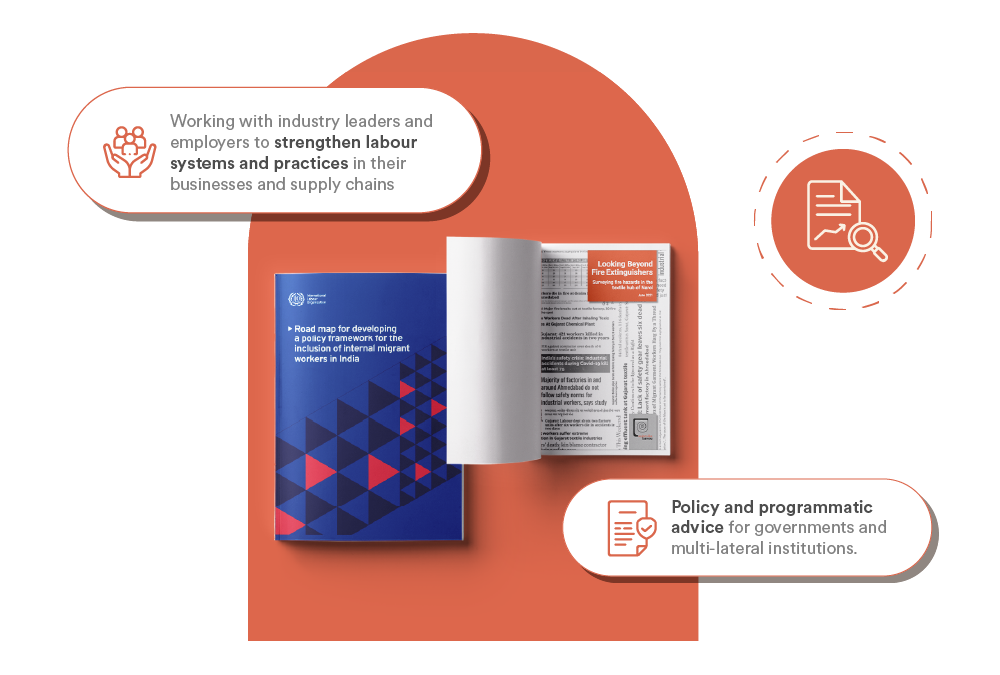Collectivising
Workers
Collectivising Workers
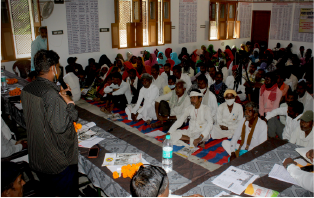
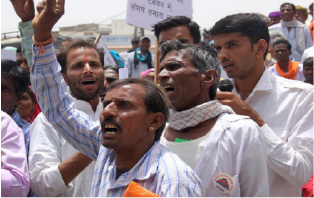


Legal Education
and Aid
Legal Education and Aid
The efficacy of this work rests on a strong cadre of para-legal workers identified from the community institutions (worker collectives; women’s solidarity groups) that we work with.
Labour Line
Labour Line
Aajeevika operates Labour Line (1800-1800-999), a phone-based helpline offering legal aid, mediation, and information. Labour Line is a high impact intervention, providing easy access as well as effective and swift grievance redressal to workers in distress.
Operationalised in the year 2011, at present, Labour Line receives an average of five thousand calls each month from workers across Rajasthan and Gujarat. While at its core LabourLine is an endeavour to provide legal support to workers, it is also an equally effective platform for facilitating workers’ linkages to entitlements.India Labour Line (ILL) (1800-833-9020) has been set up as a scaled up version of Aajeevika’s helpline based legal aid model. With administrative headquarters in Mumbai, Gurgaon and Bangalore, ILL is currently operational in 13 cities across 9 states. LEAD Cell extends primary technical support to ILL. It is also supported by a network of labour organisations and platforms including the Working Peoples’ Coalition. As of June 2024, ILL has registered approximately 21,000 cases and recovered a sum of 21 crores.
As of June 2024,
23,888
registrations
Social security linkages and BOCW Board registrations
21,752
cases
Cases registered by ILL
8,675
cases
Cases resolved
21.09
crores
Unpaid wages and compensation recovered
Skilling and
Employment
Skilling and Employment
Occupational
Safety and Health
Occupational Safety and Health
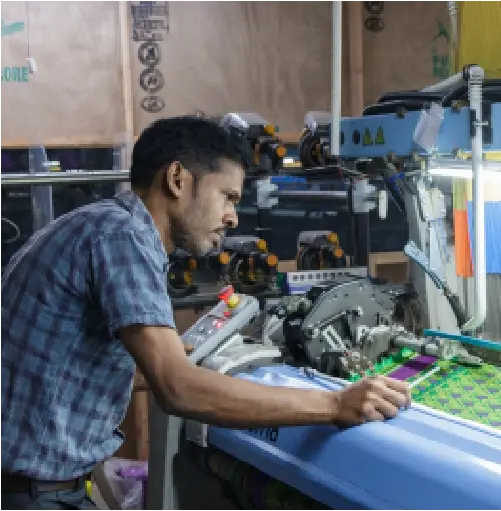
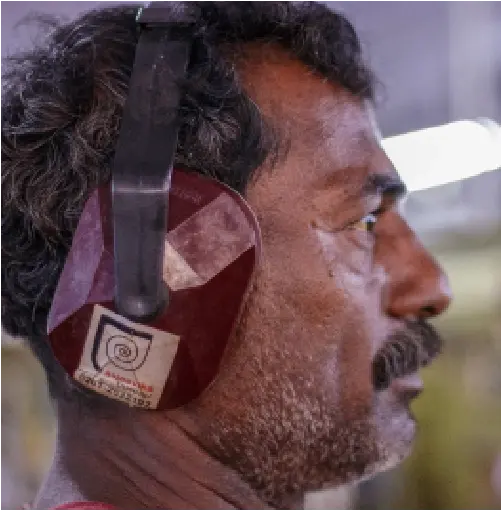
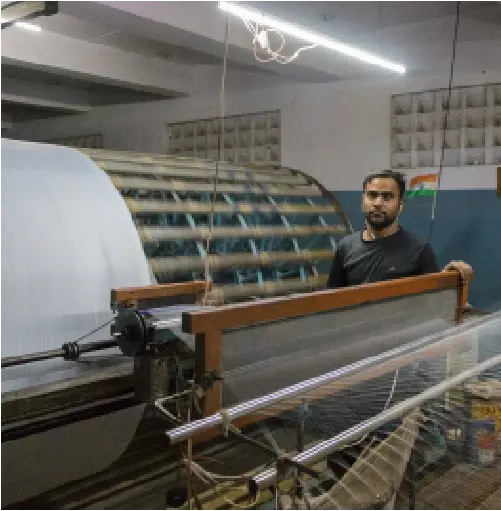
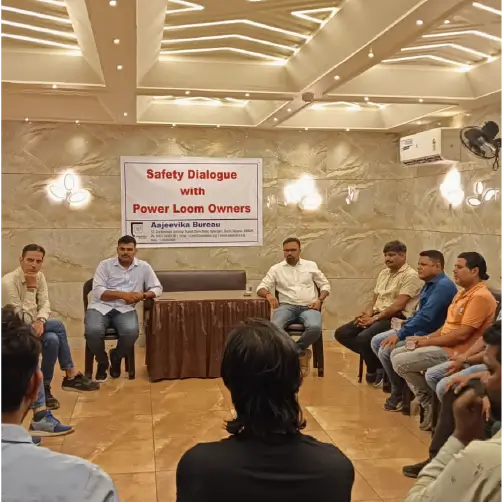




Empowering
Women at Work
Empowering Women at Work
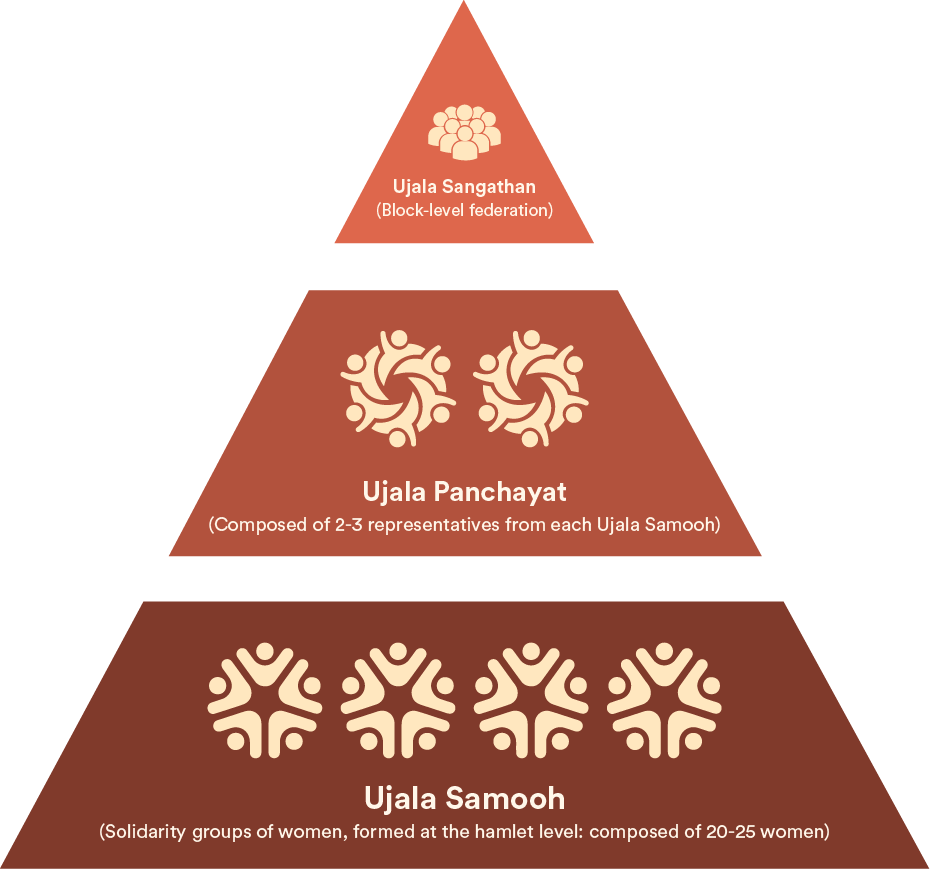
15,000 women, Ujala Samoohs across rural south Rajasthan
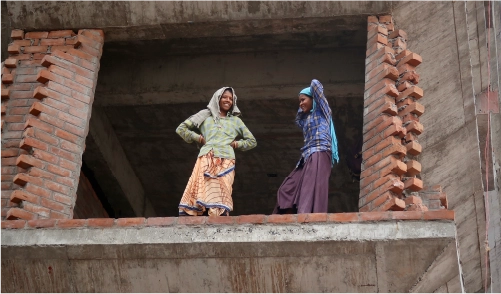
Accessing
Entitlements
Accessing Entitlements
Research
and Policy
Research and Policy
WFF draws upon Aajeevika’s practice in field locations using participatory tools of inquiry and blends these with wider research evidence to formulate policy positions and arguments.
WFF’s research inquiries have a strong focus on the structural and political economy questions located at the cusp of labour and migration, gender, occupational safety, labour law, industrial supply chains, and urban governance. These inquiries are grounded in ethnographic action research which reflects concerns arising from the communities we work with. Findings from our research and writing not only directly feed into our programmes but also help us shape policy messages for the state, industry, labour organisations, civil society groups and multi-lateral organisations such as the ILO.


